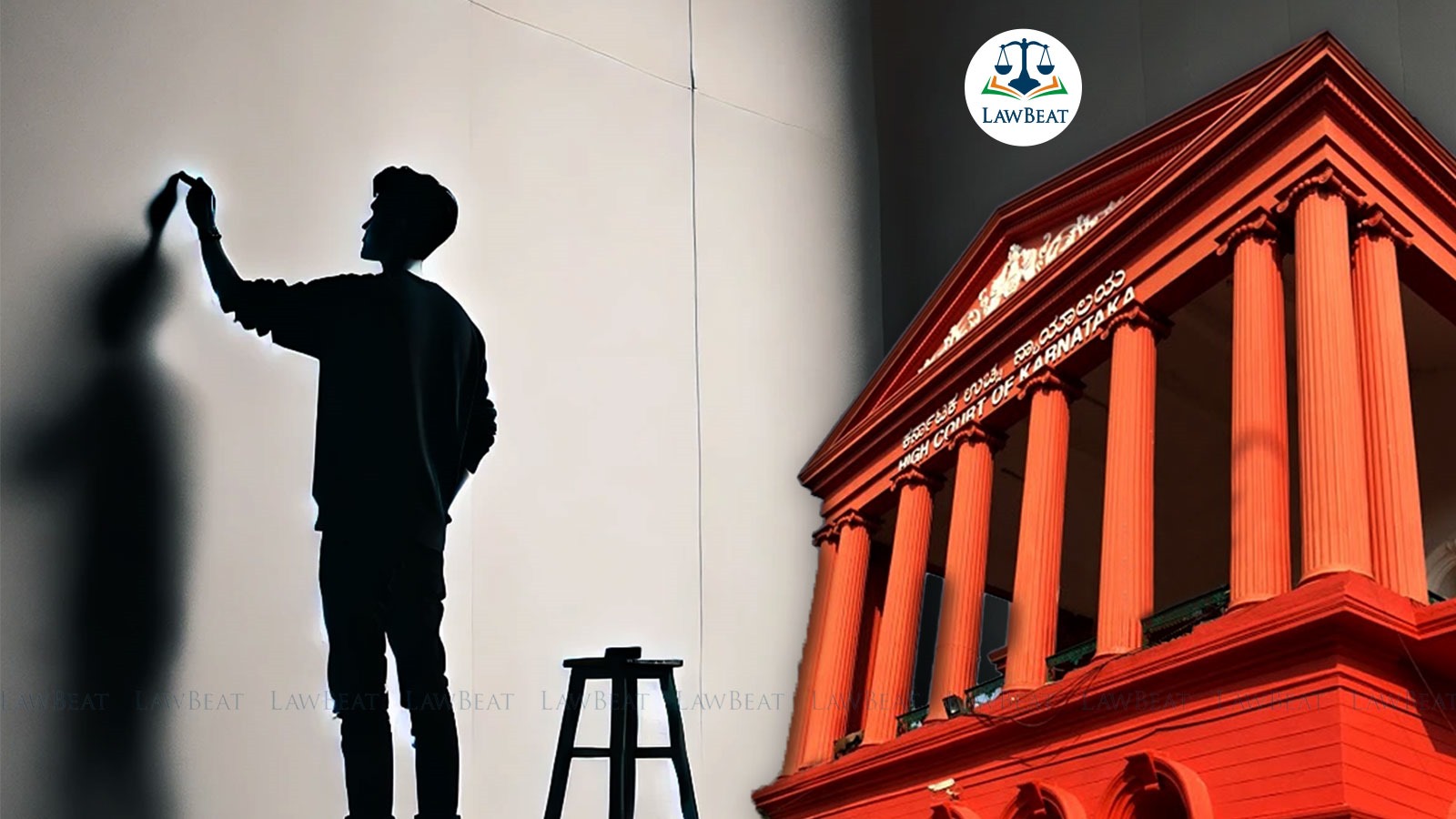Karnataka HC Rejects Plea to Quash Proceedings Against Man Who Wrote Woman’s Number on Toilet Wall as “Call Girl”

The court emphasised that “intruding into the victim’s privacy, personal integrity would cause a serious psychological harm which sometimes generates much pain to a woman than causing physical harm, as it scars the soul”
Recognising the seriousness of the allegations and the impact on the victim’s dignity, the Karnataka High Court has refused to quash the criminal proceedings against a man accused of writing the woman’s number on the wall of a public toilet labelling her as a “call girl”.
Justice M. Nagaprasanna, presiding over the case, observed that “any scatological or salacious statements made against a woman either by gesture, writing or speaking, would undoubtedly amount to insulting the modesty of a woman. In today’s digital age one need not cause physical harm, a woman’s modesty can be railroaded by sheer circulation of pejorative statements, pictures or videos in the social media. It is therefore, when such cases are projected before this Court seeking quashment, it should not be interfered with, but be dealt with a stern manner.”
The court made the observation while hearing a case originating from a complaint filed on March 19, 2020, by a woman, a Junior Health Assistant at a Primary Health Centre in Muttugaduru Village, Holalkere Taluk, Chitradurga District. The woman alleged that she began receiving threatening and inappropriate calls after her mobile number was displayed on the walls of a men’s toilet at the Majestic bus stand, Bangalore.
The case revolved around the applicability of Sections 501, 504, 507, and 509 of the Indian Penal Code (IPC), which deal with defamation, intentional insult with intent to provoke breach of peace, criminal intimidation by anonymous communication, and word, gesture, or act intended to insult the modesty of a woman, respectively.
The court noted that the act of writing the complainant’s number on the toilet wall with defamatory remarks clearly constituted an offence under Section 509 of the IPC. The court observed, “The allegation is engraving on the wall of men’s toilet at the Majestic bus stand that the complainant is a call girl and also gives the mobile number of the complainant. It would clearly attract the ingredients of Section 509 of the IPC.”
The court highlighted the severe psychological impact on the victim, stating, “Sexual violence against a woman apart from being a de-humanizing act is an intrusion into the right to privacy of the said woman, which can by no stretch of imagination be construed to be lawful. It leaves the woman to undergo traumatic experience. Therefore, such cases which are brought before the Court needs to be dealt sternly. Causing physical harm on a woman is altogether different circumstance and punishable with different offences but intruding into the victim’s privacy, personal integrity would cause a serious psychological harm which sometimes generates much pain to a woman than causing physical harm, as it scars the soul.”
The court also criticised the initial handling of the case by the police and the magistrate, noting that the permission to register the FIR was granted with the word “permitted,” which lacked proper application of mind. However, the court clarified that this procedural lapse did not absolve the accused of the alleged crime.
The court underscored the necessity of a full trial to ascertain the facts and determine the guilt of the accused, stating, “It is for the petitioner to come out clean in a full-blown trial.”
“The petitioner has indulged in one of the ingredients of such insult by fresco or a writing on the wall. He, therefore, cannot get away with making such belittling comments on a woman in public,” the court noted.
Consequently, the court rejected the plea seeking to quash the criminal proceedings finding no merit in the petition.
Cause Title: Alla Bash Patel @ AB Patel v State of Karnataka [CRL.P No. 1995 of 2022]
